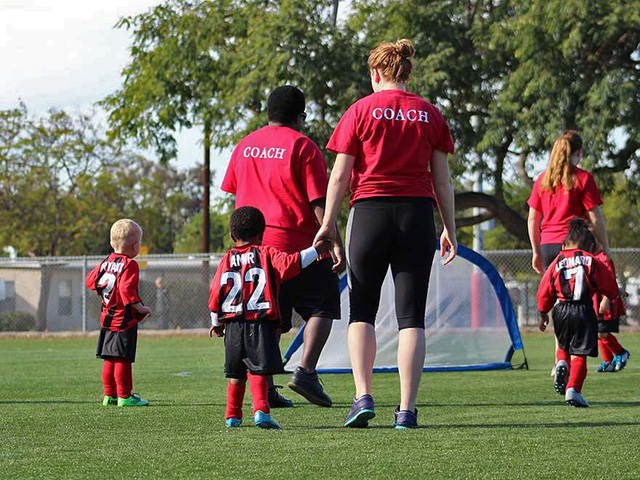Sports coaches have a multifaceted role in helping athletes develop to their full potential, not only in their sport but also in their overall life. The role of the coach will be many and varied, from instructor, assessor, friend, mentor, facilitator, chauffeur, demonstrator, adviser, supporter, fact finder, motivator, counsellor, organizer, planner and the Fountain of all Knowledge.
As you can see, the reach of a coach goes beyond just training athletes in the technical skills and tactics of a sport, coaches also serve as mentors, role models, and guides who provide guidance and support in various aspects of the athlete's life, helping them realize their full potential not only as athletes but also as individuals.
One of the primary responsibilities of a sports coach is to analyze the performance of their athletes. This involves closely observing their physical abilities, technical skills, tactical understanding, and mental approach to the game. By thoroughly evaluating the strengths and weaknesses of their athletes, coaches can identify areas for improvement and tailor their training programs accordingly. They provide feedback, corrections, and strategic guidance to help athletes refine their skills and excel in their sport.
In addition to technical training, coaches also play a crucial role in instructing athletes in relevant skills. This includes teaching proper techniques, strategies, and game plans that are specific to the sport. Coaches also educate athletes on nutrition, injury prevention, and other factors that impact their performance and overall health.
 coaching kids
coaching kidsFurthermore, coaches provide encouragement and motivation to their athletes. They inspire, motivate, and instill confidence in their athletes, helping them overcome challenges, setbacks, and self-doubt. Coaches serve as a source of motivation and inspiration, pushing athletes to reach their full potential and achieve their goals.
But coaching goes beyond just the athletic aspect of an athlete's life. Coaches also provide guidance and support in other areas of the athlete's life. They act as mentors, offering advice on personal development, time management, goal setting, and decision-making. Coaches often serve as trusted confidants, providing emotional support and helping athletes navigate challenges and setbacks not only in their sport but also in their personal lives.
Coaches also help athletes develop important life skills such as teamwork, leadership, discipline, perseverance, and sportsmanship. These skills are transferable and can benefit athletes in various aspects of their lives beyond their athletic career. Coaches instill values and principles that shape the character of athletes and prepare them to become well-rounded individuals both on and off the field.
Related Pages
- About Sports Coaching
- About being a coach
- The Role of the Coach - t it is a very difficult task and requires a very special person.
- Coaching Jobs



